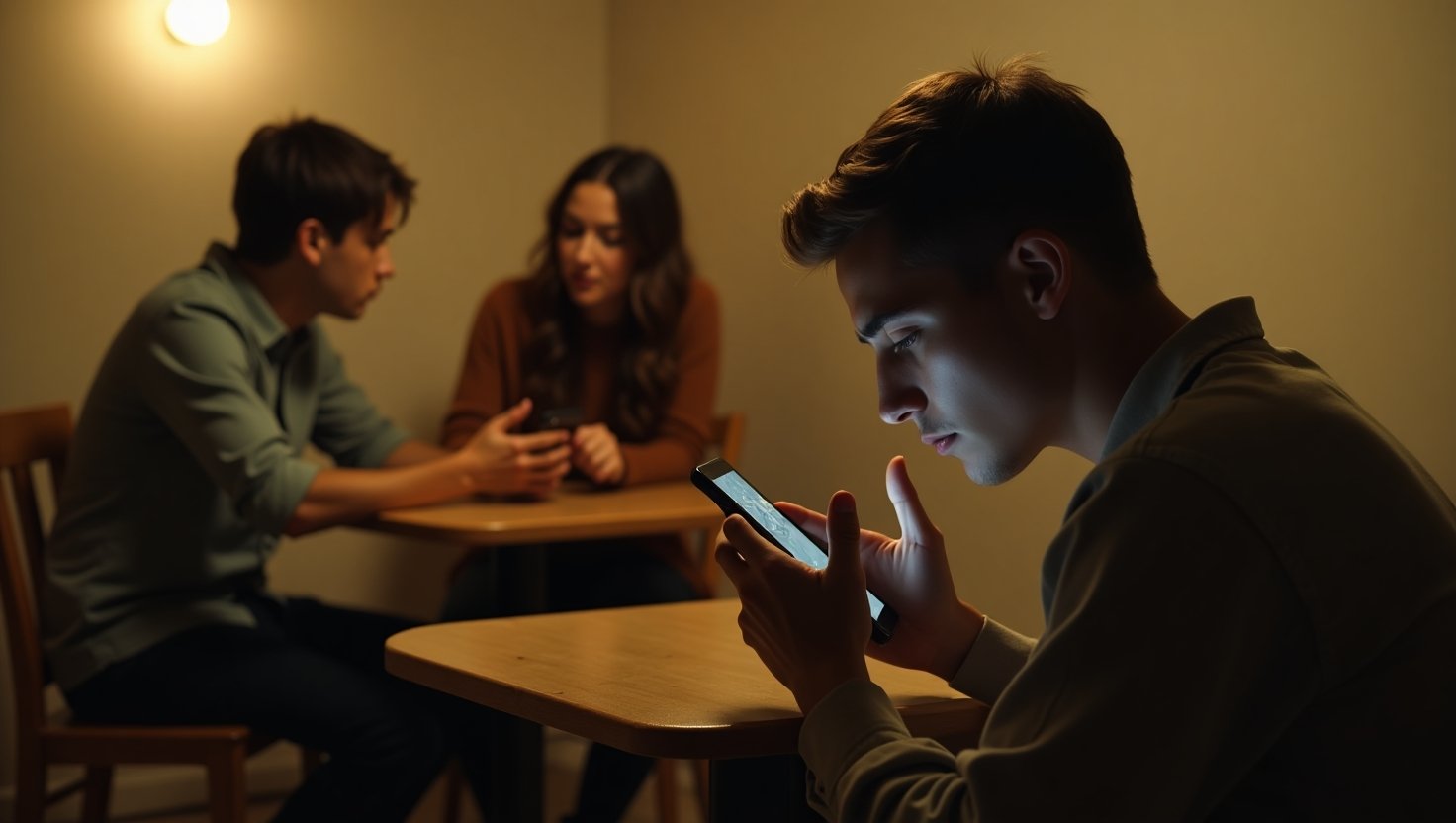The Impact of Digital Isolation on Modern Society
Introduction
In an era where technology is an integral part of our daily lives, digital isolation has become an increasingly pertinent issue. With smartphones always at hand and constant updates from social media, it is paradoxical that people often feel more isolated despite being more \”connected\” than ever. Instead of fostering meaningful relationships, interactions with AI friends and digital acquaintances sometimes replace face-to-face connections. This phenomenon has profound implications for how we perceive and maintain our social connections.
Background
The concept of digital isolation was dramatically portrayed in the 1995 film The Net, directed by Irwin Winkler. The movie, starring Sandra Bullock as Angela Bennett, eerily predicted many of today’s anxieties around digital privacy and isolation. Bennett’s character, ensnared in a web of digital deceit, underscores the growing concern of losing one’s identity and personal connections in a tech-driven world (source). Fast forward to today, Facebook founder Mark Zuckerberg has highlighted the loneliness epidemic in America, noting the startling decline in meaningful social interactions. His reflections call attention to the unseen bonds shaping our lives digitally and the resulting sense of isolation.
Trend
The shift toward an increasingly digital society has paradoxical effects. On one hand, technology enables global communication; on the other, it fosters a reliance that potentially diminishes real-life connections. Consider the statistic: \”the average American has—I think it’s fewer than three friends,\” a poignant reminder of shrinking social circles. Additionally, the convenience of virtual interaction often overshadows the value of face-to-face engagement. According to recent insights, \”one in four older adults experience social isolation,\” further exemplifying this worrying trend (source).
Insight
The impact of digital isolation on mental health is profound. Social media, while connecting us to a multitude of users, can ironically lead to a more profound feeling of loneliness. The algorithms that curate our online experiences often cater to our interests, but this personalization can manipulate our identities, creating echo chambers that prevent exposure to diverse thoughts and opinions. For instance, adolescents, who are heavy social media users, report that \”between 5% and 15% experience loneliness\” more intensely due to perceived disconnection from their peers in real life.
Forecast
Looking ahead, the nature of digital interaction is poised to evolve, potentially deepening the chasm between superficial and authentic connections. Futurists predict that as AI becomes more integrated into our social platforms, these altered dynamics might exacerbate the loneliness epidemic. The rise of AI friends—customized to interact and cater to specific emotional needs—could seduce users into neglecting human interactions, thus intensifying isolation. Maintaining our individuality and fostering genuine relationships become ever more challenging amidst these digitally mediated interactions (source).
Call to Action
As we navigate these challenges, it’s crucial to reflect on our personal approach to social media. Are we fostering genuine connections, or are we falling into the trap of digital personas? It may be time to integrate intentional practices that encourage real-world interactions and prioritize mental well-being over digital engagement. Taking proactive steps—like setting limits on screen time, engaging in community activities, or simply making time for face-to-face conversations—can be pivotal in mitigating the adverse effects of digital isolation and nurturing authentic connections.
Embrace technology, but don’t let it erode the human elements of connection and empathy, which remain at the heart of meaningful relationships.

